Major climate change effects are irreversible, though there is still a small window of time to mitigate the worst.
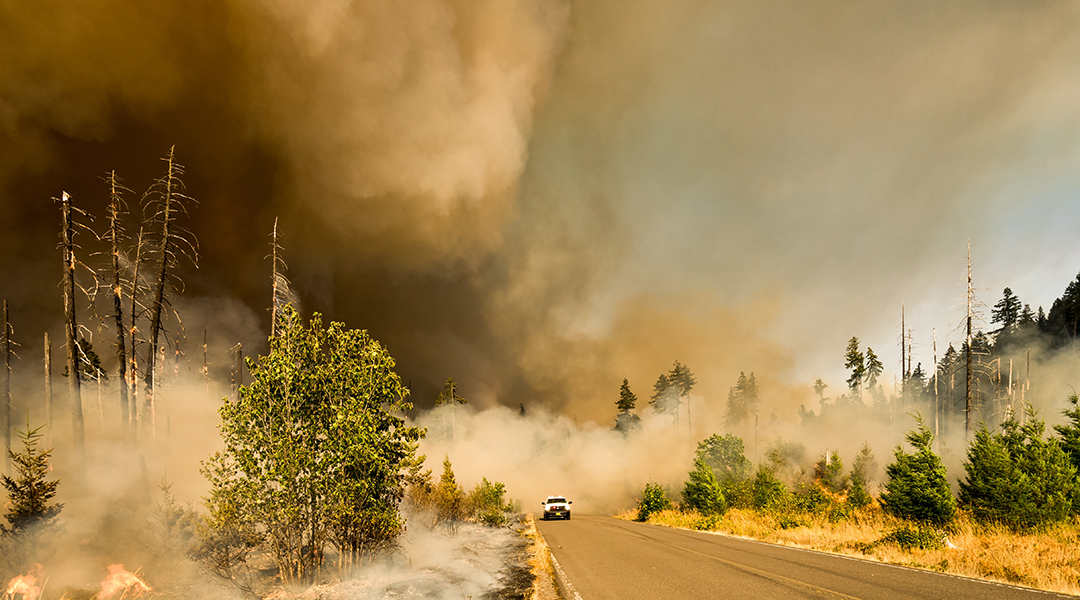

Major climate change effects are irreversible, though there is still a small window of time to mitigate the worst.
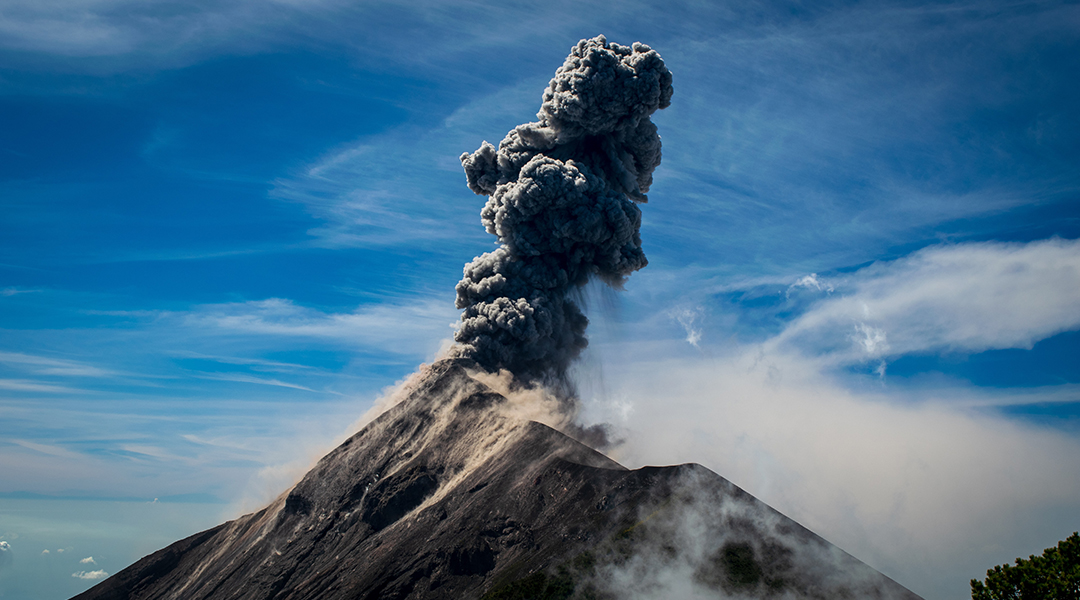
In 2010, volcanoes in Iceland grounded flights for over a week, and researchers in Romania are worried that Mount Vesuvius might do the same.

Last August, #BlackinChem took the world by storm. This year, we spoke with two of the event’s organizers, Devin Swiner and Zemen Berhe, to learn more about what’s in store.

Scientists have developed a polymer-coated glass that can change from transparent to opaque when exposed to sunlight and heat.

The Anthropocene has been defined by its carbon emissions, but modern technological advancements may hold the key to breaking this habit.
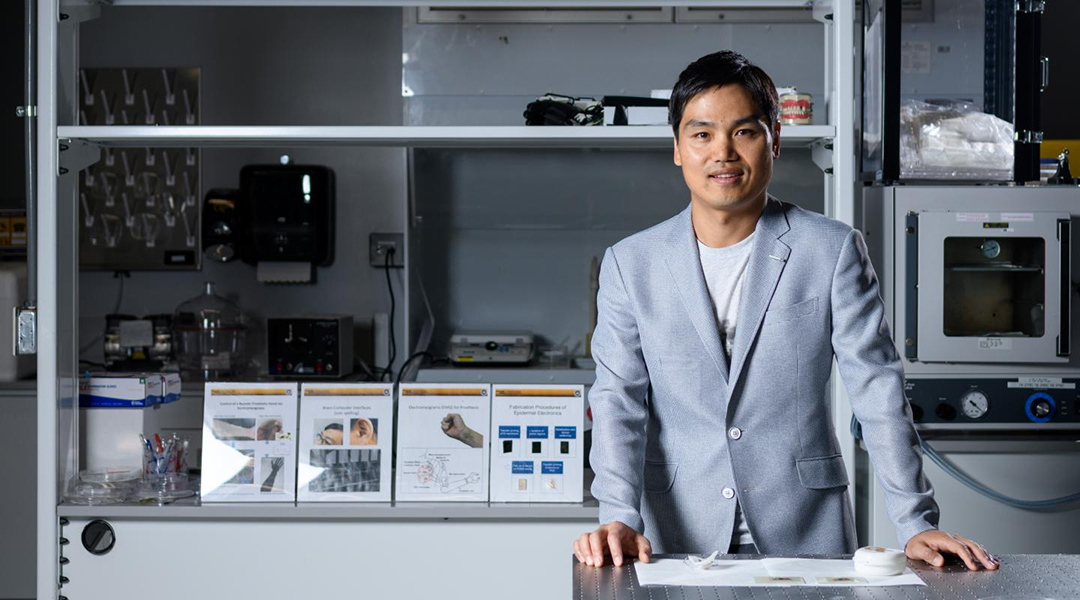
Accurately measuring brain signals is critical to determining what actions a user wants to perform.
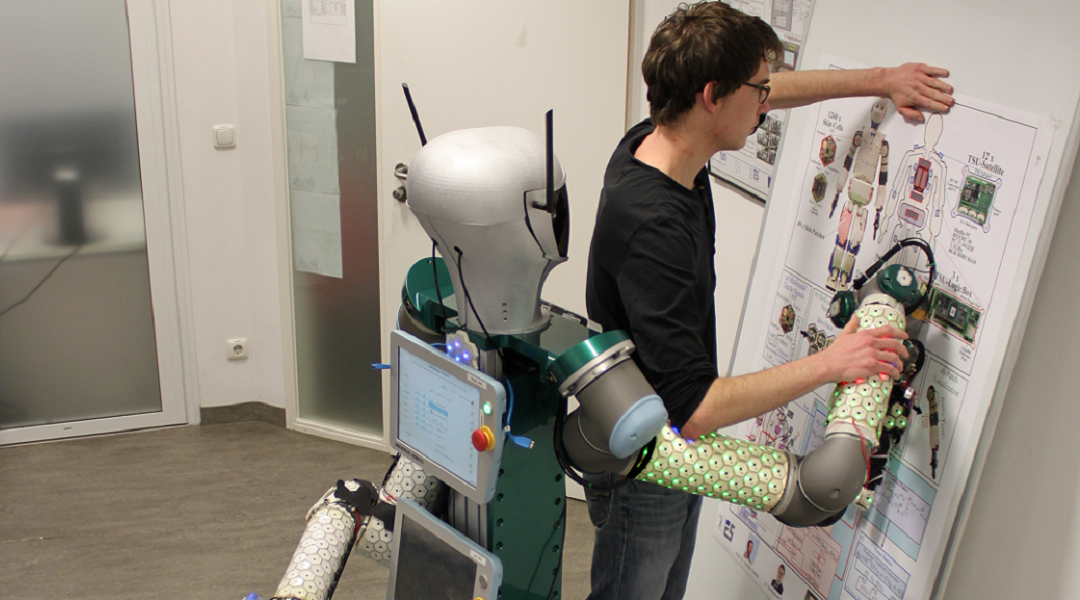
An electronic skin helps facilitate natural interactions between robots and humans.

Clean-burning synthetic fuels made from renewable ethers could replace carbon-based fuels and contribute to a cyclic carbon economy.
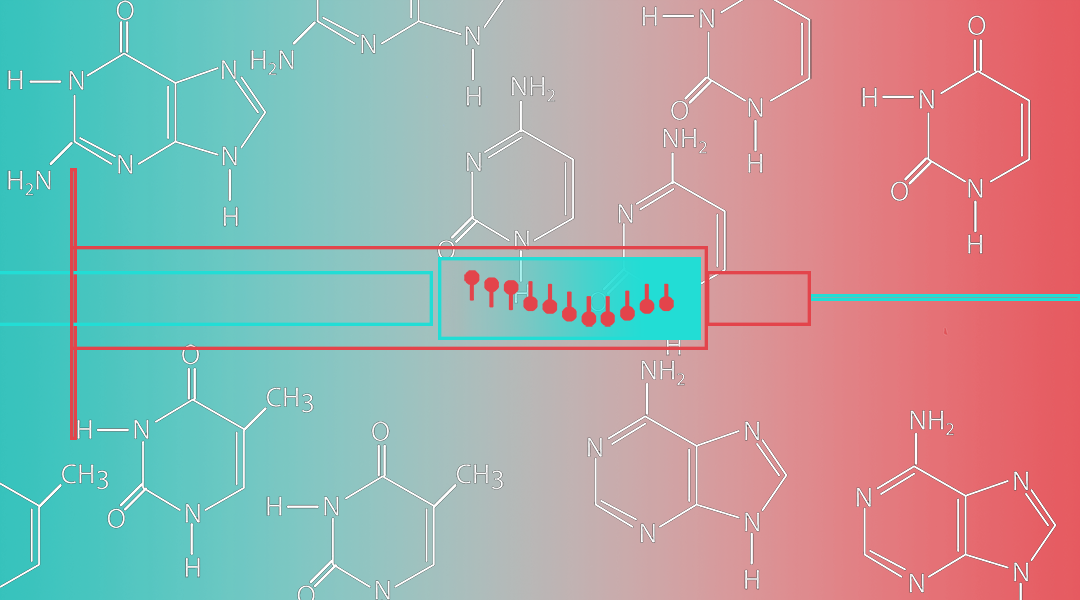
With a long history of development, mRNA vaccines are finally making their debut and changing the face of the COVID-19 pandemic.

Analysis is a rare example of archaeologists being able to reconstruct a dramatic episode in the life of a prehistoric community.